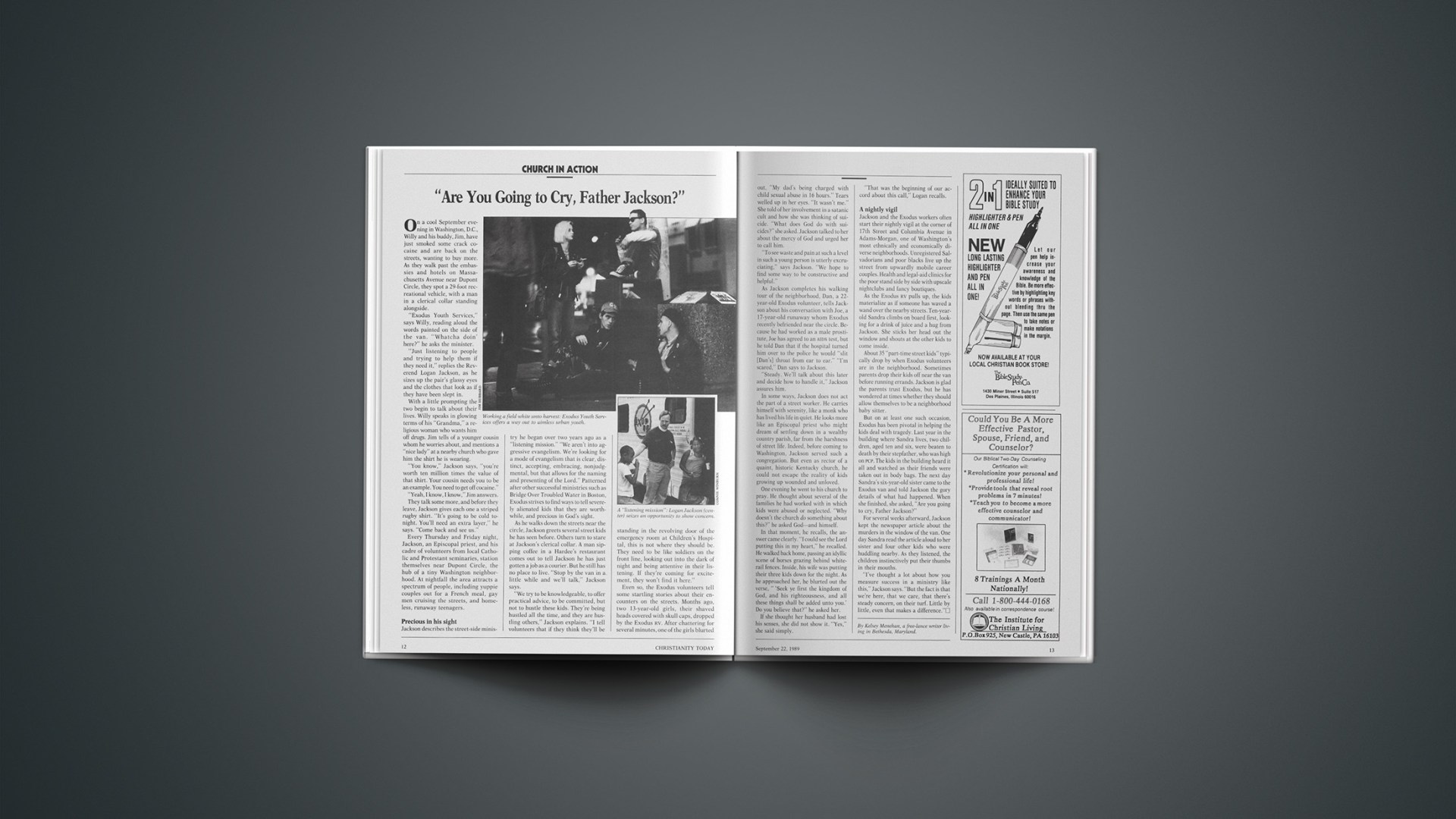Bubba Smith is no saint. Actually, he was a Colt, a monstrous member of Baltimore’s professional football team in the 1970s. Most, however, know him as one of the early stars of the “Great Taste-Less Filling” beer commercials.
Bubba signed off that suds series after a visit to his alma mater. He saw so many drunken students that he vowed never to take another dime for promoting the source of their inebriation. Recently, he was joined by baseball player Glenn Davis of the Houston Astros who just said no to a major beer promotion. Astros radio announcers were paid by one brewery to pitch Pilsner every time a hometown batter sent one over the fence. Instead of “This Bud’s for you, Glenn Davis” when Davis hits a home run, radio listeners get a watered-down version.
Bubba and Glen do not a trend make. If anything, alcohol and sports are a stronger team than ever. One company alone—Anheuser-Busch—pours more than $100 million into television sports advertising. Without beer money, the U.S. Olympic Committee, Chicago Marathon (now the Old Style Marathon), and a host of other major sports endeavors would have folded.
But in an era when alcohol has become America’s number-one drug problem (13 million alcoholics; 3 million between the ages of 14 and 17), one questions the wisdom of floating sports in so much beer. A recent survey found that beer commercials featuring athletes are the favorite of high-school boys. And we wonder why underage drinking seems to have gotten out of hand?
The answer, of course, is to ban beer commercials. Austria, a country whose beer is legendary, prohibits any public connection between beer and sports. “We could never think of it,” says Klaus Leistner, director of the Austrian ski federation. We would do well to follow their example.
Barring that—we do not believe for a minute there’s an elected official courageous enough to successfully fight the beer lobby—the next best answer is to point our young people toward the real sports heroes. The Bubba Smiths and Glenn Davises may be rare. But they have learned something about the more important things of life that our young people need to hear.
By Lyn Cryderman.










